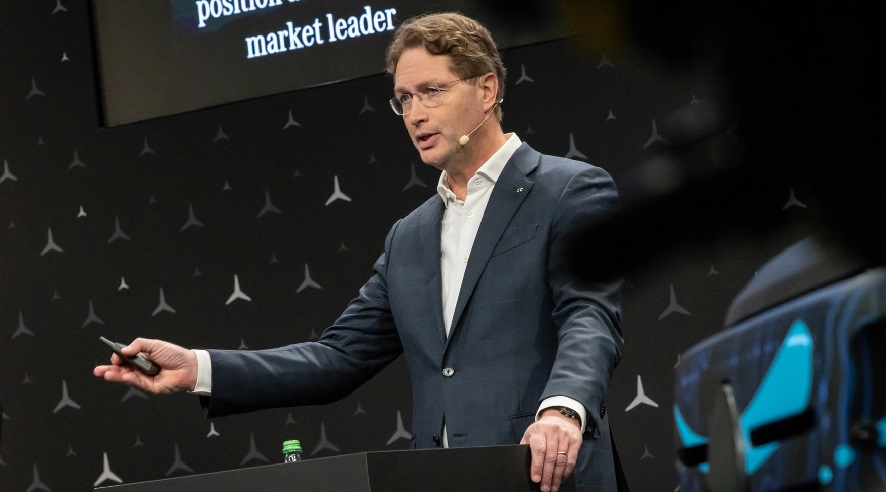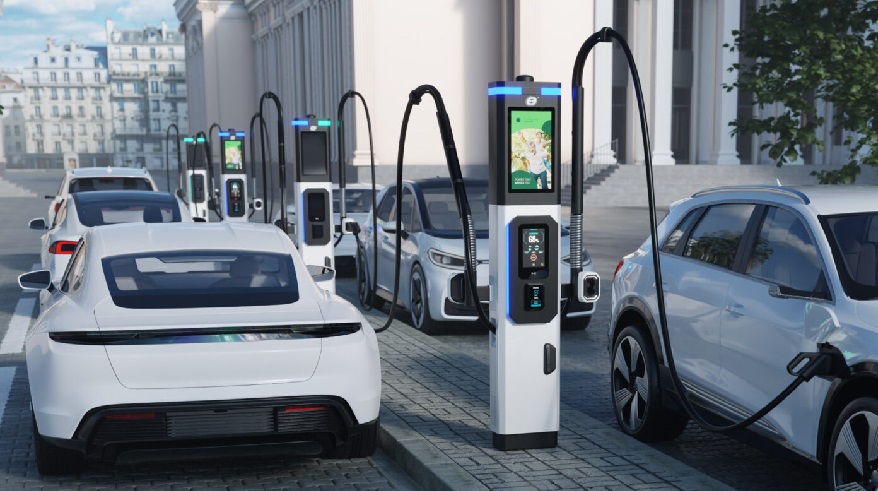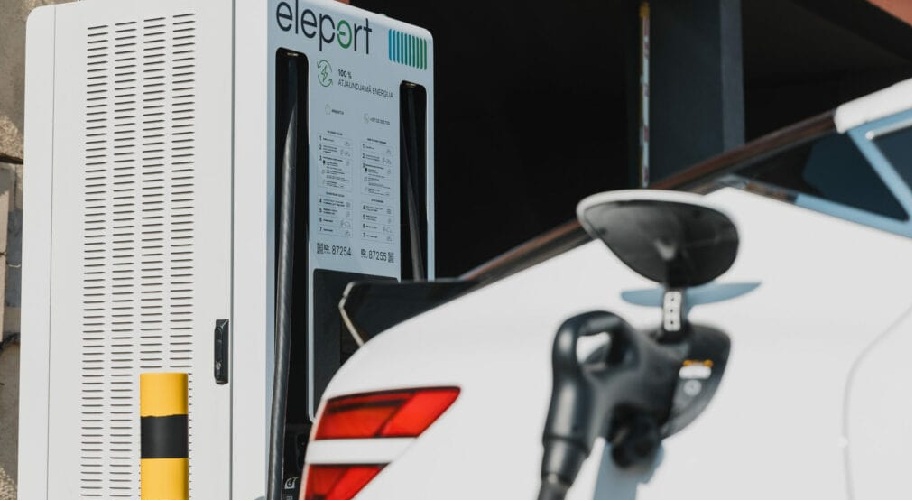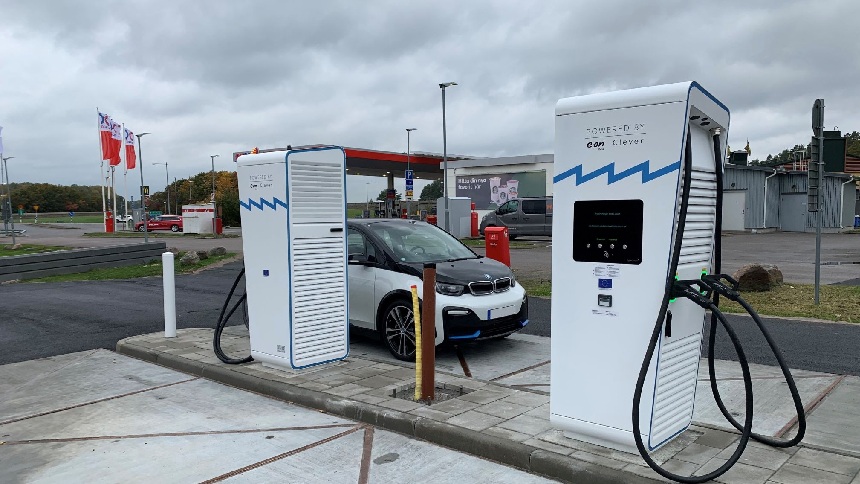Ola Källenius, Chief Executive Officer of Mercedes-Benz Group, said on Wednesday that the German carmaker was urging the European Union (EU) to find a “fair solution” to establish a level playing field for electric vehicles (EVs) made in China and sold in Europe.
“We need to look for mutual benefits. A conversation about fair competition in an open market is always legitimate. But a pure tariff barrier is the bluntest instrument one can apply,” he told journalists at the Shanghai Auto Show.
“We have wished for the EU and Chinese negotiators to reach a fair solution and, from what I have read and heard, they are in talks. History tells us that economies exposed to the force of competition are the most innovative. That is what we hope for.”
It is worth mentioning that the EU raised tariffs on EVs manufactured in China to as high as 45.3% last October, but Brussels and Beijing have floated the idea of lifting tariffs through possible minimum price agreements, known as price undertakings, for imported cars.
The European Commission has stated it is willing to continue negotiating an alternative to the tariffs with China.
The tariffs included 17.0% on vehicles manufactured by BYD, 18.8% for Geely, and 35.3% for SAIC, in addition to the EU’s standard 10% import duty on cars.
Mercedes plans to produce luxury electric limousines in China
Mercedes unveiled a new range of fully electric luxury limousines called the “Vision V” on Tuesday, ahead of the opening of the Shanghai Auto Show, with some of the vehicles set to be produced in China.
Källenius said on Wednesday that he expects to see growing momentum in the high-end electric vehicle segment over the next two to three years.
He added that plug-in hybrids would likely continue to coexist with fully electric offerings, at least until 2030.
Like many other foreign car manufacturers, Mercedes-Benz has seen its sales in China decline, hit hard by fierce competition from local rivals and a struggling economy that has eroded consumer confidence.
READ MORE
-
Poland Accelerates Charging Infrastructure Expansion with 50% Year-on-Year Growth
Poland is expanding its charging network with a notable increase in May 2025. However, two provinces stand out in terms of charger concentration, while none of the remaining 14 has more than 500 installations. How does this progress align with the AFIR targets?
-
New deal lets EV drivers charge seamlessly from the Baltic to the Adriatic Sea
A new unified digital platform and a purpose-built mobile app will make EV charging more convenient, consistent, and accessible for drivers across the region. They will begin rolling out in stages from summer 2025 in Croatia, expanding across the region thereafter. Which other countries will it be available in?
-
FLEXECHARGE steps in to prevent penalties from ultra-fast charging in Northern Europe
Powered by E.ON Drive & Clever aimed to build one of the most reliable ultra-fast charging networks. However, the project encountered a familiar obstacle: the maximum effect penalty. To overcome this, FLEXECHARGE deployed its smart load-shaping technology.









